Affiliate links may be included in this message. Learn more here. Thanks for your support.
Quinoa (pronouced keen-way) is gaining popularity as a grain. Here's the scoop:
- Is not technically a grain, but it is eaten like one. We call these pseudo grains. Quinoa is actually a seed (from the same food family as spinach, Swiss chard and beets).
- Quinoa is a complete protein (unlike other "grains") meaning it contains all of the nine essential amino acids.
- Quinoa has a higher amount of fat than most grains. The cardio-protective anti-inflammatory kind of fatty acids! (oleic acid and alpha linoleic acid [an omega 3])
- The outer layer of quinoa contains saponins which are an anti-inflammatory phytonutrient that gives off a bitter taste. So always rinse quinoa well before cooking to reduce the saponins.
- It's gluten-free
- It can be ground into a flour
- Quinoa also contains Vitamin E (in the form of gamma-tocopherol), magnesium, phosphorus, iron, B-vitamins and high amount of antioxidants (especially quercetin, kaempferol)
- It has a low glycemic index and is high in fiber (mostly insoluble fiber)
To prepare quinoa:
- Rinse quinoa well in a mesh strainer.
- Combine one part quinoa to two parts liquid (broth is really good) in a medium saucepan.
- Bring the mixture to a boil.
- Reduce head to a simmer and cover the pan.
- Cook for about 15 minutes.Cooking is complete when the quinoa becomes translucent and the white germ partially detaches looking like a tail.
Check out this tasty quinoa recipe too!
Here are some of my sources & resources on quinoa you can check out for more information:
http://www.whfoods.com/genpage.php?tname=foodspice&dbid=142
https://authoritynutrition.com/11-proven-benefits-of-quinoa/
Content in this post was originally published in my monthly newsletter. Be the first to get new content by subscribing below:








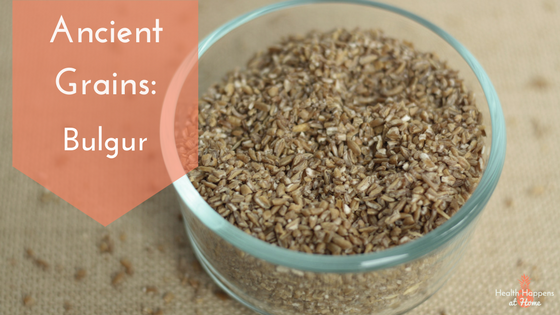

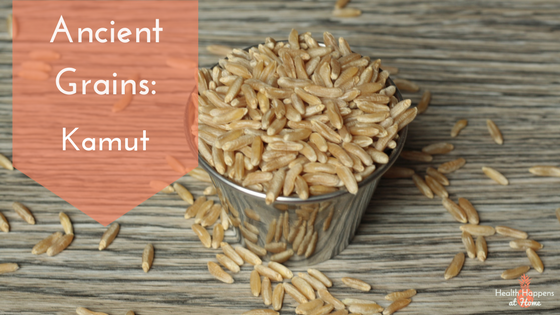


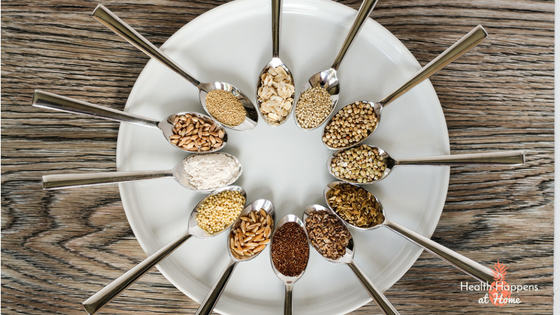

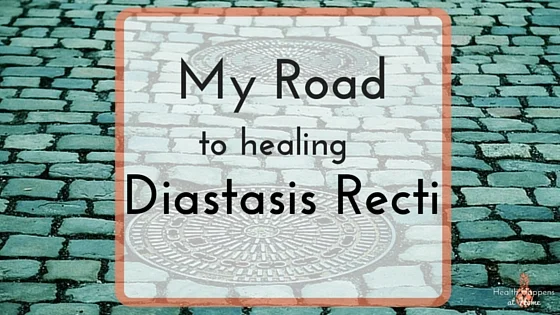

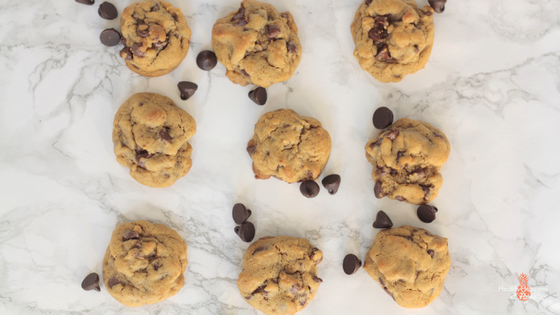




Ancient grain summary of posts including recipes links!